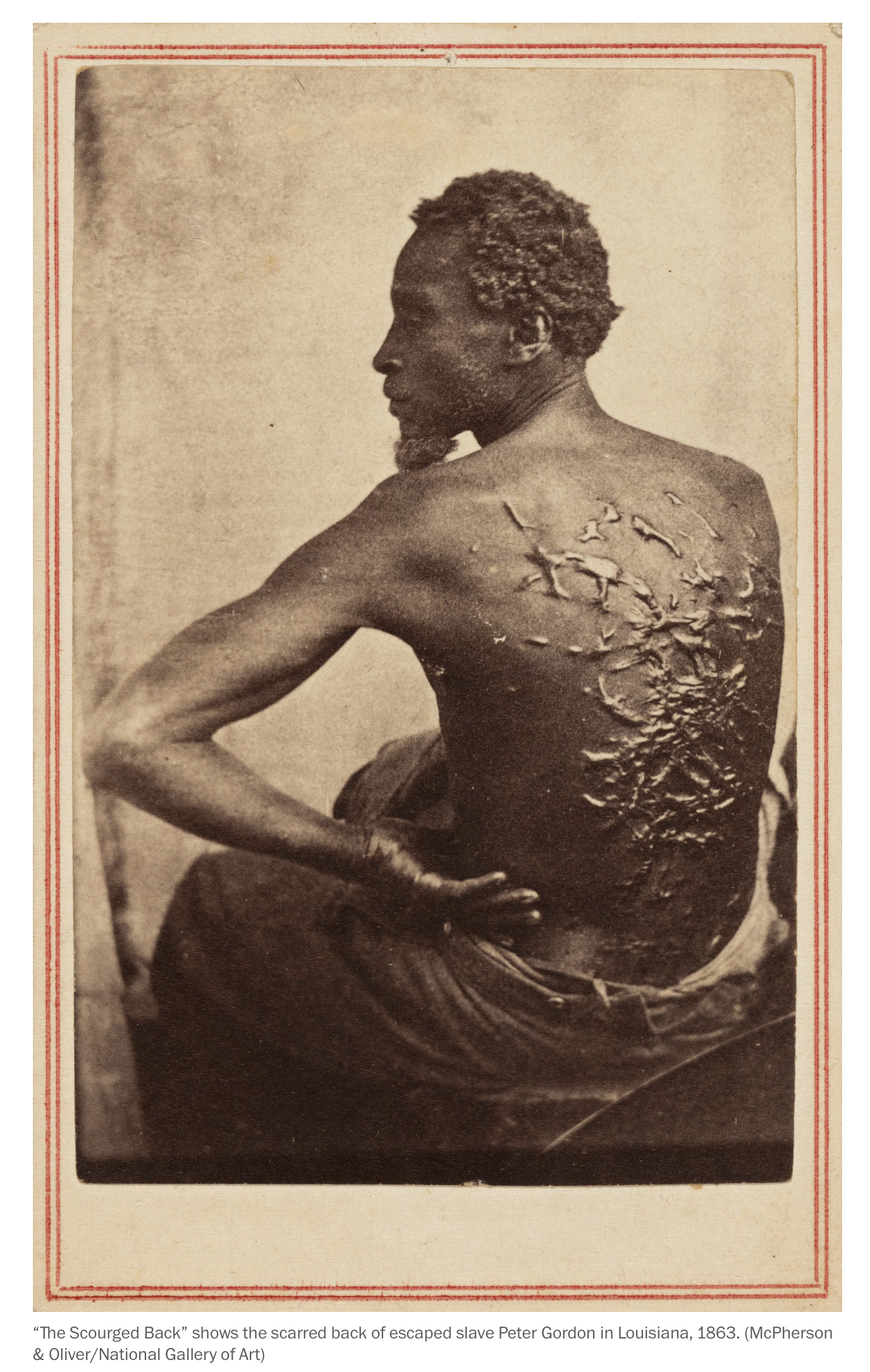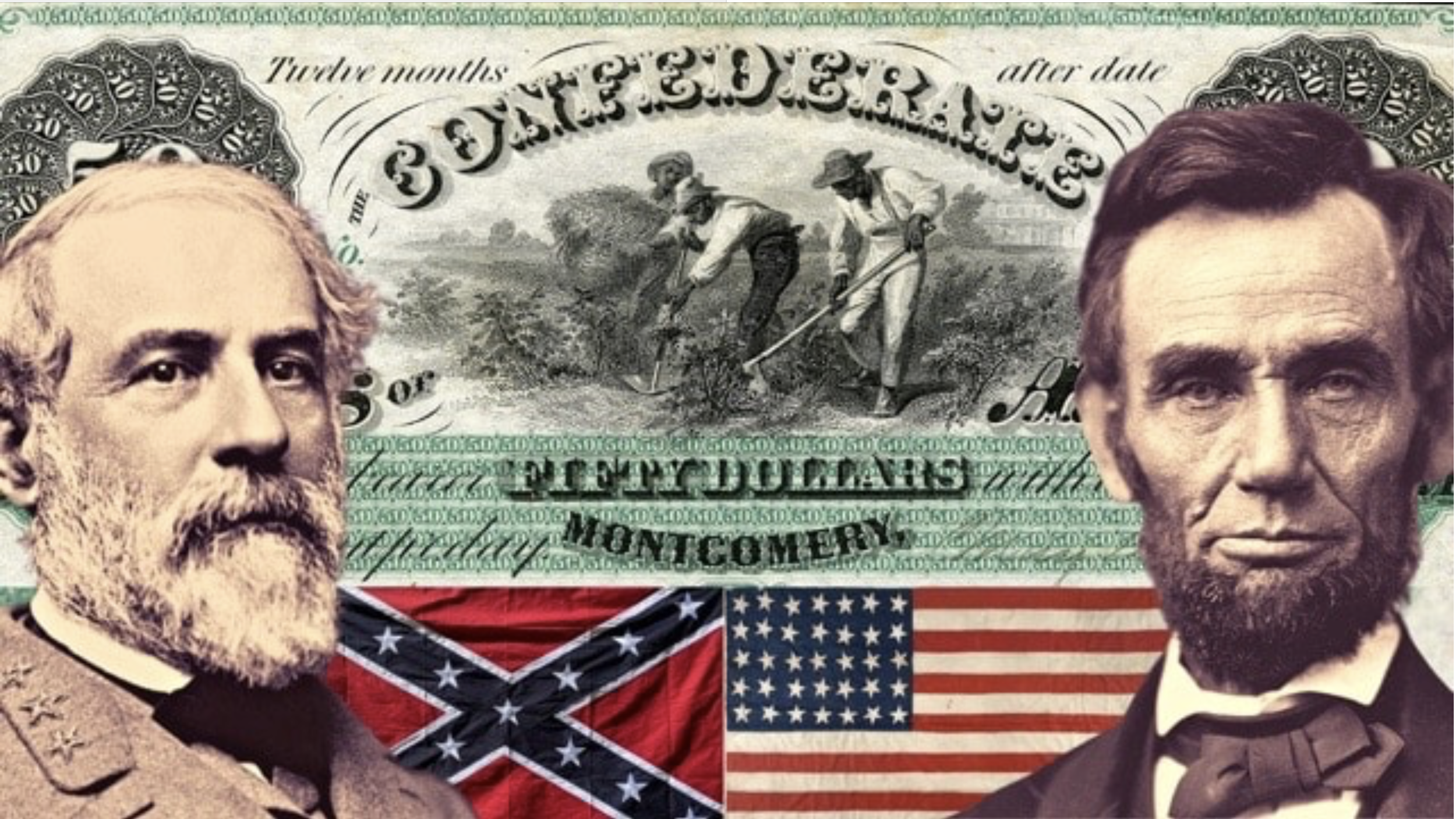Trump Administration Crackdown on Civil War and Slavery References Begins
/Trump Bans Corrosive Ideologies
The Trump administration has ordered the removal of information on slavery at multiple national parks and other cultural institutions in an effort to end advocacy of corrosive ideologies in America.
Park Service spokesperson Rachel Pawlitz said in a statement that all signage is under review.
“Interpretive materials that disproportionately emphasize negative aspects of U.S. history or historical figures, without acknowledging broader context or national progress, can unintentionally distort understanding rather than enrich it,” Pawlitz said.
The effort will work to dismantle historical information about feminism, gay rights, presumably even climate-change exhibits funded in any way by the federal government.
Propping Up the Lost Cause
At Manassas National Battlefield Park in Virginia, Trump officials told park employees to take down a sign that criticizes the post-Civil War “Lost Cause” ideology, saying that it romanticized the Confederacy and denied slavery’s central role in the conflict.
All references to discrimination of any kind must be removed. Specifically designated for removal is the photo documenting violence against slaves known as “The Scourged Back”, at one national park. Google says that park is Fort Pulaski in Georgia, which houses a reproduction of the photo.
Peter Gordon’s Scourged Back
The National Portrait Gallery of Art in Washington houses the original version of “The Scourged Back,” also known as “Whipped Peter.” It’s also scheduled for removal. New York’s ‘Metropolitan Museum of Art’ has three similar original photographs not on display.
As part of the same takedown, information about John Brown’s raid on slavery at Harper’s Ferry, Virginia [now West Virginia] on October 16-18, 1859 is also being dismantled.
History of “The Scourged Back” Photograph
Peter Gordon [later known as "Whipped Peter"], was an enslaved man who escaped from a 3,000-acre plantation owned by John and Bridget Lyons in Baton Rouge, Louisiana in March 1863. Mr. Gordon was dressed in rags that had pockets in which he carried onions to mask his scent from search dogs.
Over 10 days, Gordon traveled nearly 80 miles on foot, rubbing onions all over his body when their scent was washed away by water in creeks and swamps. Stumbling into a Union camp with freed Black soldiers fighting to end slavery, Gordon immediately asked to enlist.
He also enlisted in the US Colored Troops Civil War unit and was noted in "The Liberator," a Boston-based abolitionist newspaper, to have fought bravely as a sergeant in the Louisiana Native Guard during the 1863 Siege of Port Hudson, a notable blockade which marked the first time that African American soldiers played a pivotal role in an assault on the Confederacy.
After Gordon's arrival at the camp, military doctors examined him and discovered the horrific scars from a severe whipping he had endured from an overseer. Two itinerant photographers, William D. McPherson and his partner Mr. Oliver were asked to document Mr. Gordon’s injuries. The photograph became a powerful piece of evidence for the abolitionist cause after it was reproduced in the widely circulated ‘Harper's Weekly’ on July 4, 1863. It shocked many in the North who had never witnessed the brutality of slavery firsthand.
Will Smith Movie ‘Emancipation’
Mr. Gordon’s story is the historical event behind the Will Smith movie ‘Emancipation’. Shot in 2021 in the throes of Covid, Will Smith and director Antoine Fuqua moved the film out of Georgia after a number of actors and directors said they would not film in the state.
"At this moment in time, the Nation is coming to terms with its history and is attempting to eliminate vestiges of institutional racism to achieve true racial justice," Smith and Fuqua said in a joint statement. "We cannot in good conscience provide economic support to a government that enacts regressive voting laws that are designed to restrict voter access. The new Georgia voting laws are reminiscent of voting impediments that were passed at the end of Reconstruction to prevent many Americans from voting. Regrettably, we feel compelled to move our film production work from Georgia to another state."
Some Georgia-based public figures like Tyler Perry and Stacey Abrams warned that such boycotts would only harm workers and state residents who are not actually responsible for the new laws, but Smith and Fuqua clearly felt that filming in a state whose legislation has been compared to Jim Crow by President Biden himself was not the right fit for a story about the Black freedom struggle. Presumably Tyler Perry Studios in Atlanta, was the original location for the movie production.
Learn More About the ‘Lost Cause’ in a Short but Highly-Informative Washington Post video.

